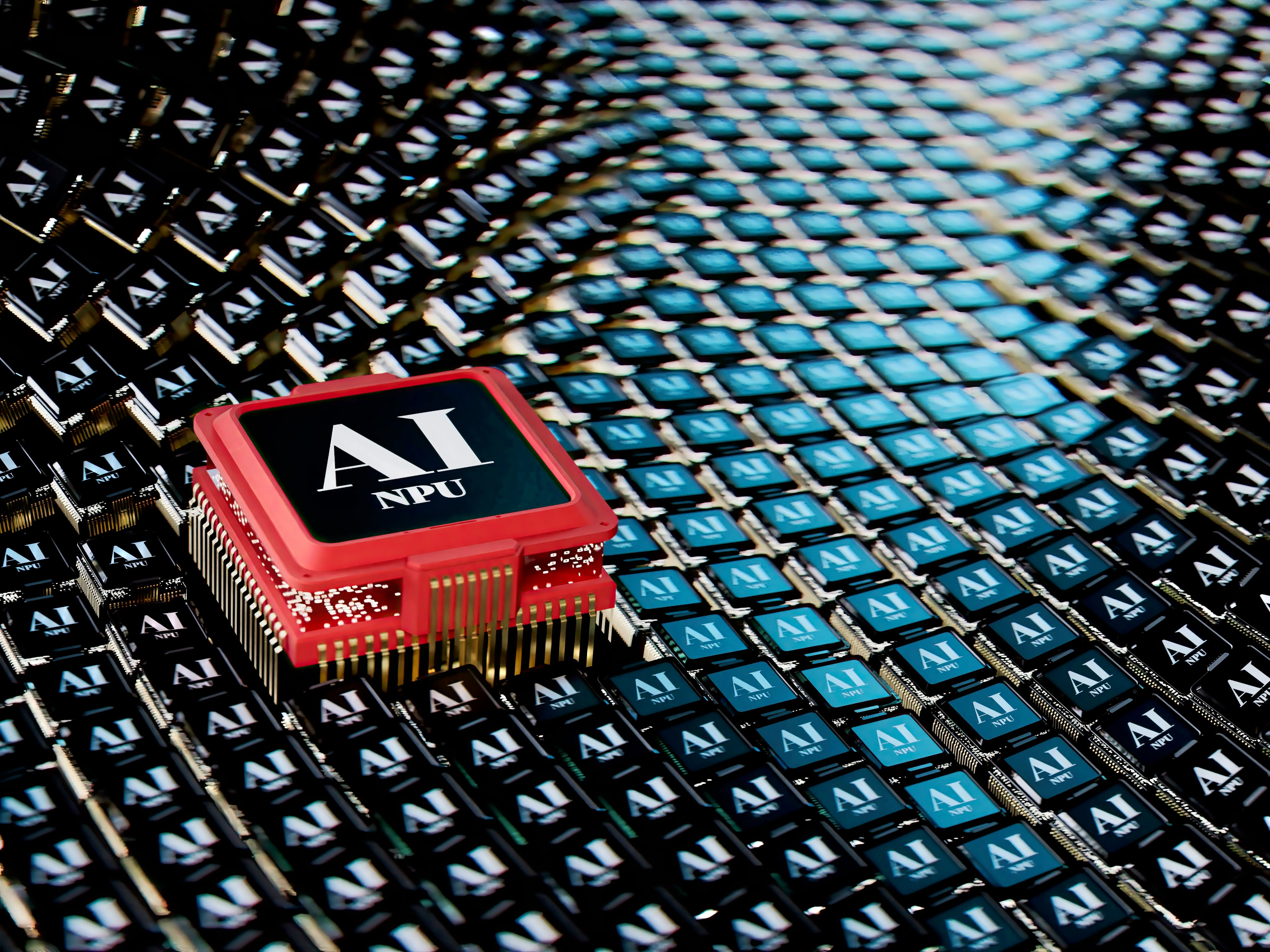AI in Auditing: A Complex Reality

Artificial intelligence (AI) is rapidly transforming industries worldwide, and auditing is no exception—a recent pilot project by HQAI aimed to harness the power of AI to streamline the audit process. While the potential benefits are undeniable, the experiment's results revealed both exciting opportunities and significant challenges.
The core idea was simple: to leverage AI tools to automate mundane tasks, allowing auditors to focus on complex issues. This would ideally lead to more efficient, accurate, and consistent audits. To test this hypothesis, AI was employed in various stages of an audit, from transcribing interviews to analysing documents and drawing conclusions.
A Pilot Project: Laying the Groundwork

HQAI auditors & Quality Assurance officer sought to understand how AI could optimise the audit process. The hypothesis was that AI tools would automate repetitive tasks, enabling auditors to concentrate on complex analysis. A diverse range of AI tools was selected to achieve this, prioritising accessibility, affordability, and robust data privacy.
Key tools included Microsoft Copilot and Google Gemini for data analysis, Otter and Microsoft Teams for transcription, and Google Translate for real-time interpretation.
AI: A Human Partner, Not a Replacement

Data analysis emerged as a promising AI application during the pilot. AI demonstrated the ability to quickly analyse large volumes of data, identify patterns, and highlight potential areas of concern.
"AI-based analysis can greatly benefit audit teams handling numerous documents," emphasised Nik Rilkoff.
However, the pilot also revealed significant challenges. AI-generated transcripts struggled with inaccuracies and failed to capture the nuances of spoken language." The quality of the transcripts was a major issue," highlighted Camille Nussbaum, HQAI Senior Registered Auditor, pointing out the current limitations of AI technology.
Moreover, concerns were raised about using AI to draw conclusions. While AI could flag potential issues, it lacked the human judgment required for accurate interpretation. "The team heavily relied on human expertise to validate AI-generated insights," stated Nik Rilkoff.
The experiment also emphasised the importance of human interaction in the audit process. Building rapport with interviewees and understanding the intricacies of a situation are skills that AI cannot replicate.
"Human connection is crucial in auditing," emphasised Camille Nussbaum.
Overcoming Challenges

The pilot faced numerous challenges. Frequent tool updates disrupted consistency, while the inability to process scanned documents restricted the scope of AI analysis. Furthermore, data privacy concerns and the requirement for human oversight were crucial.

The Road Ahead

While AI holds immense promise, the HQAI pilot demonstrated that it is not a silver bullet. The technology is still in its infancy, and significant advancements are needed to realise its full potential. As AI continues to evolve, it is essential to approach its implementation cautiously and clearly understand its limitations.
By striking a balance between human judgment and technological efficiency, the auditing profession can harness the power of AI to deliver even higher-quality services. Future efforts should focus on developing AI tools tailored to the auditing domain, addressing accuracy and reliability issues, and ensuring ethical and responsible AI usage.
Key takeaways from the pilot
- - AI can significantly enhance data analysis efficiency.
- - AI transcription accuracy requires improvement.
- - Human judgment is indispensable for interpreting AI-generated findings.
- - AI should be viewed as a complementary tool, not a replacement for human auditors.
Understanding the capabilities and limitations of artificial intelligence is crucial for the auditing industry to enter a new phase of improved efficiency and effectiveness. AI presents significant opportunities to automate repetitive tasks and uncover intricate patterns that may have eluded human auditors. However, it is essential to acknowledge that human judgment, expertise, and interpersonal abilities remain irreplaceable in the audit process. Establishing a harmonious partnership between humans and AI will play a critical role in navigating the intricacies of the contemporary audit environment. By prioritising investment in AI development and providing comprehensive training for auditors to leverage these technological tools proficiently, HQAI can position itself as a frontrunner in innovation while upholding the highest audit quality standards.
Special thanks to the HQAI auditors & QA Officer who share their insights with us.







